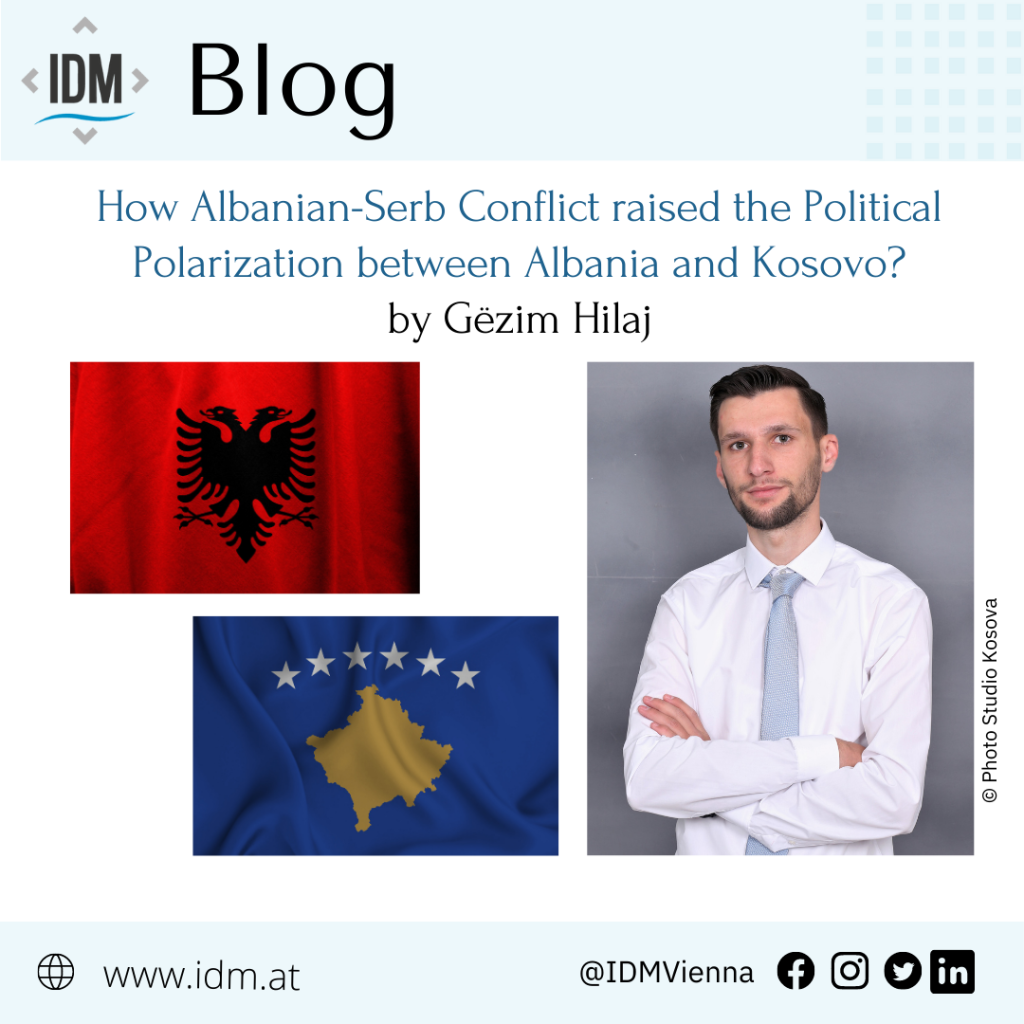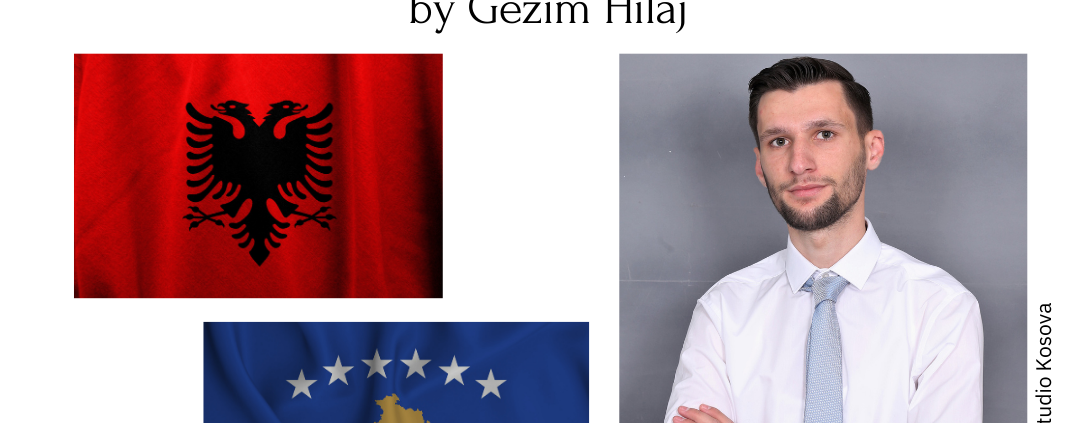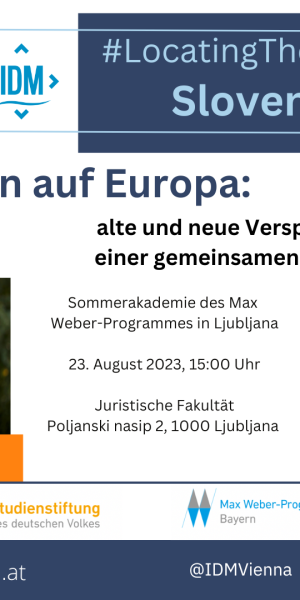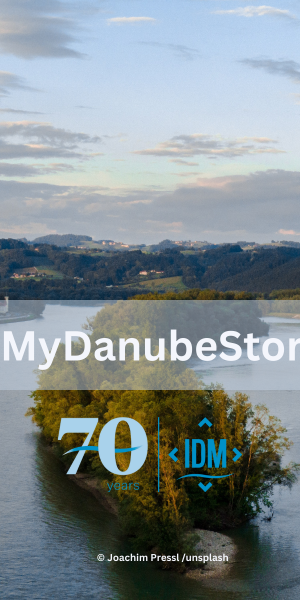How Kosovo Albanian-Serb Conflict raised the Political Polarization between Albania and Kosovo?

“Albania-Kosovo meeting cancelled”, “Albanian – Kosovo joint meeting cancelled” “Government: It is the first time that a meeting of two governments has been unilaterally cancelled”, “Rama confirms the cancellation of the meeting of governments” On 13th June, a day before the ninth joint meeting between the Albanian and Kosovan governments that was to take place in Gjakova, those headlines spread rapidly in Kosovan, Albanian and international media. The prime minister of Albania, Edi Rama, announced in the last minutes that he would cancel the meeting. During the press conference, Rama claimed that the meeting could not be held “in the circumstances of Kosovo’s aggravated relations with the entire Euro-Atlantic community”, referring to international criticism of Kosovo’s handling of developments in its northern Serb-majority municipalities. During the governments’ joint meeting, ten agreements should have been signed. One of the most important was the mutual recognition of lawyers and mediators in resolving disputes.
The same day, Kosovo’s prime minister Albin Kurti refused Rama’s draft charter for the creation of the Association of Municipalities with a Serb majority in the north of Kosovo. According to Rama, this plan would de-escalate the situation and normalise Kosovo’s relationship with the international community. However, he never introduced the document to the public, keeping it confidential.
Kurti reminded Rama about Albania’s constitutional duty to deal with national unity and the citizens of Kosovo. Kurti added: “Rama should hand over that draft to Aleksandar Vučić [President of Serbia] for the Albanians living in Serbia”. The relationship between Kosovo and Albania has thus turned into a personal fight: Edi Rama vs Albin Kurti.
The Consequences of Partisan Media
In Albania, there are currently hundreds of talk shows, news editions and opinion leaders trying to explain why Kurti refused Rama’s plan or find out who really cancelled the joint meeting, Kurti or Rama. Who is at fault in this situation? The manner in which the media handled the issue was and continues to be like the third season of a soap opera. What is sure is that this is a manifestation of political polarisation. According to a study by Pew Research, people give more weight to statements that support their own views – be it on the left or right spectrum of politics. Frequently, some media outlets in Albania known for supporting Rama`s government criticized Kurti. Albanian and Kosovan media supporting Kurti campaigned against Rama’s policies and his political rhetoric about the Kosovo case. The media has thus played an important role in creating a split: Nationalists who support Kurti`s political rhetoric, and the Rama supporters who idealise or adore him as a Western Balkan leader, who is able to solve the problems between Western Balkan countries.
The Personal Fight: Rama vs Kurti
Across the world, societies polarise politically. The tone of political debate has hardened in recent years, and the political left and right increasingly seem to perceive each other as enemies instead of opponents.1 On the one hand, Rama is trying to be the referee in the conflict in the north of Kosovo. On the other hand, Kurti’s belief that his approach in dealing with Serbia is better than Rama`s hazards the consequences of the European Union’s sanctions towards Kosovo. A central aspect of political polarisation is a strong belief in the moral superiority of one’s own ideological beliefs, which easily prompts the assumption that alternative ideological beliefs are morally inferior. In this context, the confidence of both prime ministers in their own correctness had caused political polarisation, which may lead to overconfidence in decision-making. For instance, on his Western Balkan tour Rama could not have a meeting with his Kosovan counterpart, but only with Kosovo’s president, Vjosa Osmani-Sadriu, and the chairman of the parliament, Glauk Konjufca. The overconfidence of Kurti and Rama in their ideas is damaging the two countries. They are still not able to sit together to discuss what is going wrong in Kosovan or Albanian government policies. Rama accused Kurti of raising tensions with the persistence he showed by returning four mayors to their municipality offices. From the nationalist idea of a “Greater Albania” to diplomatic meetings, and now using Kosovo politically for their own battles, it is clear Kosovo-Albania relations are regressing day by day. The leaders’ overconfidence is weakening Albania and Kosovo-Albanians because the government is playing a neutral role instead of supporting the integrity of the Republic of Kosovo. When the war started, Albania became one of the main destinations for refugees from Kosovo. Albania sheltered thousands of refugees during that period. In the war, the Albanian army also helped with weapons. Since Kosovo’s independence in 2008, both countries had good relations which were always preceded by national priorities, but there is also ongoing political and economic cooperation. In the political-diplomatic sphere, the state of Albania and its diplomacy have been quite active in the recognition of the Republic of Kosovo. It is clear that the relationship between the two countries is now damaged. On the one hand, the opposition in Kosovo is blaming Kurti, while on the other hand, the Albanian opposition is blaming Rama.
Post-Truth Symptoms in Media
Further, “alternative facts”, a term coined by the previous US administration under President Donald Trump (basically meaning false statements), have helped to fuel polarisation. Regularly, the Albanian public was exposed to “alternative facts” when Serbian police forces arrested three Kosovo police officers. In the beginning, the media reported the kidnapping of three police officers, which it then labelled as arrests. There are two different versions of the same events on 14 June: in North Kosovo; Belgrade Says Arrest Took Place On its Territory. As the journalist Matthew D`Ancona writes in the book Post-Truth, “Nowadays it is more important the intensity of the drama than accuracy. The reality and entertainment have taken on the same meaning for the public”.2
The political polarisation was already visible before, in the last days of May, when the situation escalated in the north of Kosovo. Soldiers from a NATO-led peacekeeping force were injured in clashes with Serb protesters while defending three town halls with Kosovo-Albanian mayors. The Serbian president put the army on the highest level of combat alert. Serbia continues not to recognise Kosovo as an independent country and still believes that Kosovo is part of Serbia based on the infamous project “Nacertania” of 1844, which aimed to oppose the idea of the Albanian State establishment and the displacement of Albanians from their ethnic land. This rhetoric from Belgrade strongly contributes to ethnic polarisation, which is dangerous. Its impact was also shown in the violent protests by Serbs in Mitrovica.
Another micro-level symptom of polarisation was the protest organised by Albanians in front of the government building in support of Kosovo after the tensions in its north and the cancellation of the joint meeting between Rama and Kurti. Citizens displayed Albanian, Kosovan and UÇK flags with the slogan: “We Want National Unity (Greater Albania)”.
With all the hot issues to be solved in the Western Balkans, the question remains whether the political polarization between Albania and Kosovo can at least be again alleviated.
Media Framing in Kosovo and Albania
We cannot predict the future, but if Kosovo and Serbia continue the conflict under the generally difficult geopolitical situation, society will suffer the consequences of creating enemies. Media has been framing Albanians and Kosovans as brothers for a long time. Things have changed because in some media in Albania and Kosovo, Rama is now framed as a friend of Vučić who is selling out the national interest and Kosovo for his own interest. In the partisan Albanian-Kosovan media, there is a framing convergence on Rama. Not only has the traditional media helped to build this framing, but social media has had a huge impact too. Also, the leader of the opposition in Albania, Sali Berisha, used Facebook to strengthen the framing of Rama as a friend of the Serbian president. Media has an impact on people`s opinions about Albania-Kosovo relations. The political polarisation caused violence in the parliament of Kosovo when Albin Kurti was attacked physically by the opposition parliament members. The question is if this polarisation will raise tensions and damage the Kosovan reputation in front of Europe and the USA?
Reducing both ethnic and political polarisation in Kosovo, Albania and Serbia will require efforts to promote dialogue and understanding between different groups, as well as accountability in the political system. The biggest challenge is to have media freedom and to promote objective reporting to reduce polarisation and promote democratic values.
Gëzim Hilaj is a journalist, who has a Bachelor Degree in Journalism at the University of Tirana. Currently working as a journalist at the Albanian Public Television, RTSH and writer of many articles in media outlets in his country. Also he is the winner of the third fact checking award in Albania and selected as one of the 15th best young journalists in the world by the Thomson Foundation.



